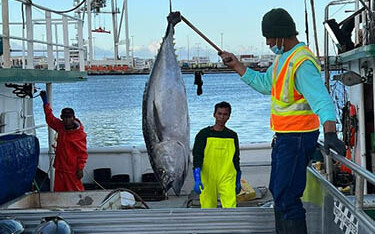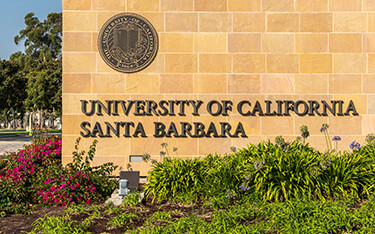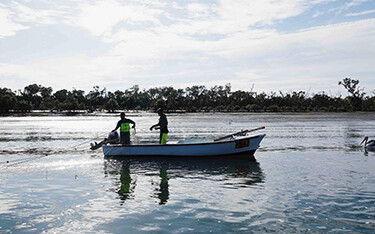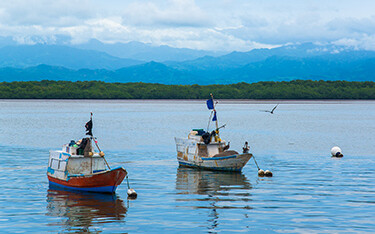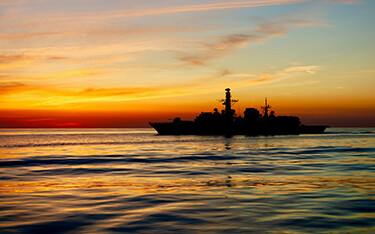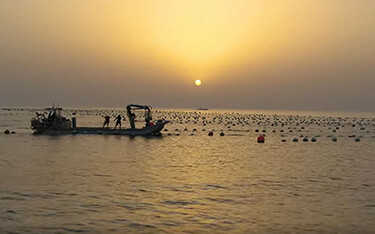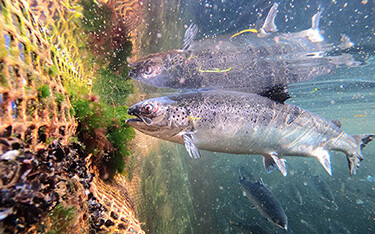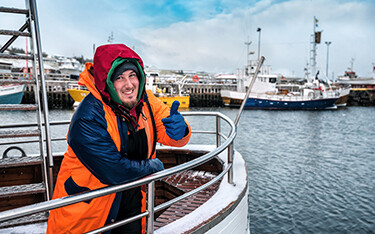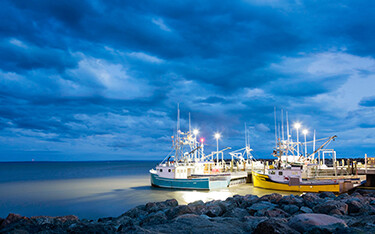Emma Desrochers is a freelance journalist based in Waialua, Hawaii, who writes about fisheries and sustainability. She graduated from Yale University in June 2021 with an undergraduate degree in environmental studies and mechanical engineering. She has contributed to the environmental conservation field through internships located in Ecuador, Thailand, and Hawaii.
Author Archive
The Conservation Alliance for Seafood Solutions has released a revised version of the report, “Guidelines for Supporting Fishery Improvement Projects” that now includes consideration of economic and social responsibilities.
The group is seeking to add signatories to the document as supporting organizations to the new FIP guidelines.
“The guidelines are the foundation of the vast majority of FIPs. With support from the
… Read MoreThe Hawaii Longline Association’s (HLA) swordfish, bigeye, and yellowfin tuna fishery, has achieved Marine Stewardship Council (MSC) certification, making it the first fishery in the U.S. state of Hawaii to achieve MSC certification.
“HLA is proud to receive the certification as it is recognition of the fleet’s stringent management and monitoring regime. We believe our fleet produces the best-quality and highest level of
… Read MoreThe University of California at Santa Barbara (UCSB) has released new research providing key recommendations for helping U.S. fisheries adapt to impacts by climate change and, ultimately, protect the livelihoods of fishermen.
The research evaluated management of over 500 fisheries across the United States to generate design recommendations for harvest-control rules (HCRs) – guidelines to determine how much of a stock can be fished based on
… Read MoreOceanWatch Australia has certified 60 graduates from its 2022 Master Fisherman program, raising the number of program graduates to over 240 now operating in a range of artisanal, inshore fisheries nationally.
Established in 1989 as a national nonprofit company, OceanWatch Australia has managed a broad range of successful projects aimed towards improving environmental practices, protecting threatened marine species, reducing bycatch, introducing
… Read MoreFor The Oceans Foundation, Fins Attached Marine Research and Conservation, the Rob Stewart Sharkwater Foundation, and United Conservationists have signed a partnership agreement to join forces for five years to concentrate their focus on marine conservation.
The coalition of the four nonprofit non-governmental organization will work on initiatives and activities to combat illegal fishing and blunt the negative effects of climate
… Read MoreThe Seafood Business for Ocean Stewardship (SeaBOS), the Global Tuna Alliance (GTA), the Global Dialogue on Seafood Traceability (GDST), Sea Pact, and the Global Sustainable Seafood Initiative (GSSI) have released a joint statement calling for improvements to improve the safety of the global fishing industry.
Together, the five groups include as members over 150 companies from across the seafood supply chain.
The Pew Charitable Trusts, in
… Read MoreUnited Arab Emirates-based Dibba Bay Oysters has achieved the Friend of the Sea aquaculture certification, making it the only certified aquaculture farm in the region.
Located in Fujairah, on the east coast of the U.A.E, Dibba Bay Oysters is the only farm in the Middle East currently growing oysters at a commercial scale for human consumption. It now produces approximately 300,000 oysters a month and it continues to scale up
… Read MoreThe Aquaculture Stewardship Council has released an updated version of its salmon standard with a new approach to sea lice monitoring that environmental groups have criticized.
ASC released version 1.4 of its salmon standard on 5 September, following a science-based review process. The new edition of the standard has a specific scope on sea lice management, with the aim of establishing more robustness in sea lice sampling and monitoring and the
… Read MoreSeven members of the seafood industry and seven NGOs are calling upon the Food and Agriculture Organization of the United Nations (FAO) to better protect the fisher’s welfare on wild-caught vessels by improving data collection and analysis of labor-related accidents.
Three major tuna processors, the Bolton Group, Bumble Bee, and Tri-Marine, along with seafood industry groups of Fedespesca, SEA Alliance, and the Hong Kong Sustainable
… Read MoreThe International Seafood Sustainability Foundation (ISSF) released its annual “Status of the Stocks” report in July 2022, finding global tuna catches are increasingly coming from healthy stocks.
Since its last "Status of the Stocks" report in March 2022, the percentage of total commercial tuna catch worldwide harvested from stocks at “healthy” levels of abundance has increased from 80.5 percent to 86.4 percent. ISSF
… Read More







